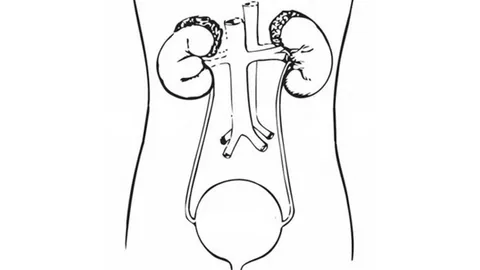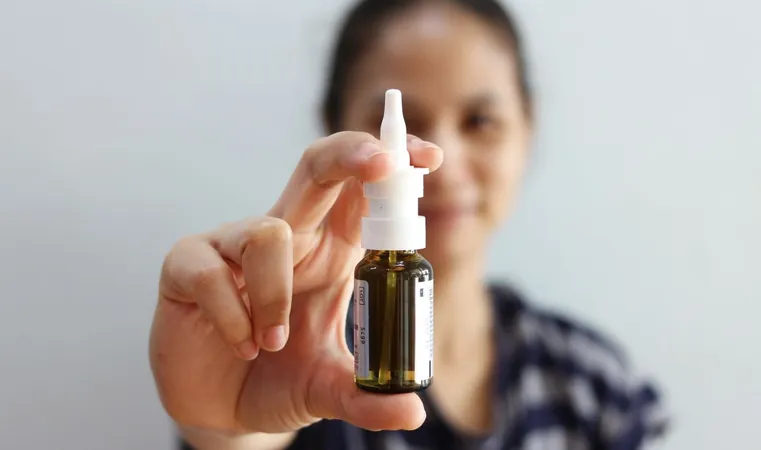
Breakthrough in Breast Cancer Treatment: Tailored Chemotherapy Doses Show Promising Results!
2024-10-05
Introduction
In a groundbreaking revelation from the phase 3 PANTHER trial, researchers have discovered that a dose-dense chemotherapy regimen specifically tailored for hematologic toxicity significantly enhances outcomes for patients with high-risk, early-stage breast cancer. This innovative approach has been shown to improve recurrence-free survival (RFS), event-free survival (EFS), and distant disease-free survival (DDFS) compared to the traditional standard adjuvant chemotherapy.
Study Highlights
The study, recently published in the Journal of Clinical Oncology, is hailed as the first of its kind to substantiate the advantages of a dose-dense regimen over standard treatments that typically administer docetaxel every three weeks. With a robust median follow-up of 10.3 years, remarkable findings emerged, indicating that the dose-dense chemotherapy resulted in a 10-year event rate of only 18.6% for RFS, eclipsing the 22.3% rate seen in the standard therapy group.
Statistical Analysis
Moreover, the data revealed an encouraging hazard ratio (HR) of 0.80 (95% CI, 0.65-0.98; P = .030) for RFS, and compellingly significant improvements in EFS (HR, 0.78; P = .009) and DDFS (HR, 0.79; P = .030). The 10-year event rates for both EFS and DDFS were also favorable for those receiving the dose-dense treatment – 23.2% vs 27.6% and 17.2% vs 20.9%, respectively.
Overall Survival
While the analysis did not show statistically significant improvement in overall survival (OS) (HR, 0.82; P = .109), with a 10-year event rate of 15.1% versus 16.6%, the long-term benefits observed in preventing cancer recurrence and related events demonstrate the potential of personalized chemotherapy regimes.
Trial Demographics
The PANTHER trial involved 2017 participants, leading to a well-balanced demographic in both treatment groups. The median age of patients in the experimental arm was 51.1 years, and the trial included a variety of clinical characteristics related to hormone receptor status and HER2 positivity. Notably, no novel safety signals emerged throughout the study, reinforcing the regimen's safety profile.
Conclusion
As breast cancer continues to affect millions globally, these promising results emphasize the shift toward personalized medicine and the need for ongoing research into dosing strategies. Could this be the dawn of a new era in cancer treatment? It's a question that researchers and patients alike are eager to explore as further studies on dose-dense regimens pave the way for more tailored therapies.
Stay tuned for more updates on this and other exciting developments in cancer treatments!






 Brasil (PT)
Brasil (PT)
 Canada (EN)
Canada (EN)
 Chile (ES)
Chile (ES)
 España (ES)
España (ES)
 France (FR)
France (FR)
 Hong Kong (EN)
Hong Kong (EN)
 Italia (IT)
Italia (IT)
 日本 (JA)
日本 (JA)
 Magyarország (HU)
Magyarország (HU)
 Norge (NO)
Norge (NO)
 Polska (PL)
Polska (PL)
 Schweiz (DE)
Schweiz (DE)
 Singapore (EN)
Singapore (EN)
 Sverige (SV)
Sverige (SV)
 Suomi (FI)
Suomi (FI)
 Türkiye (TR)
Türkiye (TR)